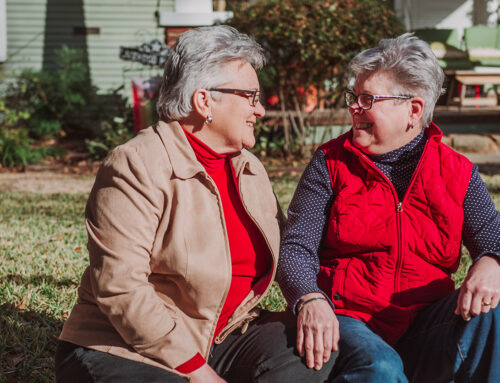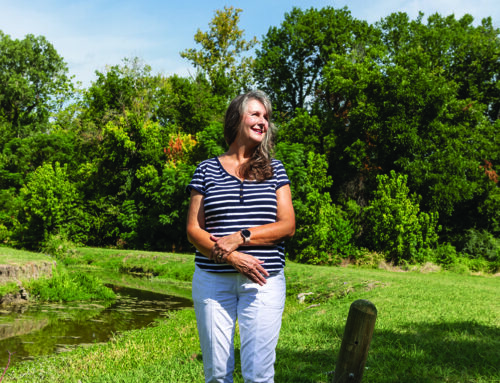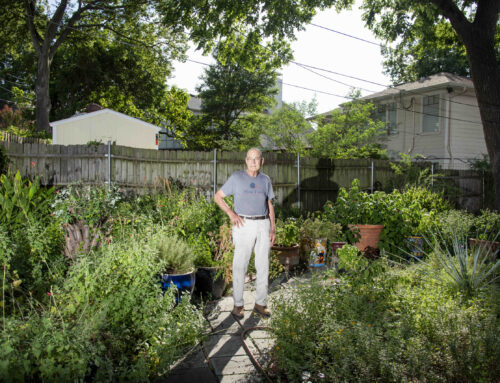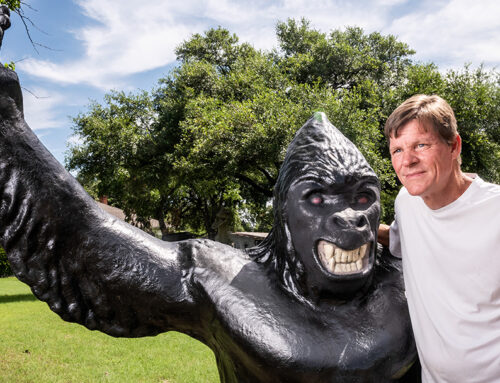A holiday classic that hits close to home
With apologies to Frank Capra …
All George had ever wanted to do was to travel. He had enjoyed his time at Woodrow and UT, and he appreciated being the fourth generation of his family to grow up in East Dallas. But there was a world out there that didn’t revolve around the East Dallas-Austin axis and the Cowboys on Sunday. And he wanted to see it.
So George became an architect, for it was the kind of job that would give him the opportunity to see the world. But a funny thing happened after George started his practice. He did a house here and designed a retail business there, and then remodeled a couple of homes. And the next thing he knew, he was in his mid-40s with a wife and three kids — each around college age — and the only traveling he got to do was to Preston Hollow to design a teardown replacement.
And then the recession hit. No one was building houses or tearing them down, and his work for local retailers had gone away even earlier. Everyone he talked to told him the same thing: “There’s no work, George. The banks that are left aren’t lending, and I’m going to have to go out of business myself.”
And then it was Christmas Eve. George was alone in his office on the eighth floor of the Lakewood bank building, staring at his computer and pushing his mouse around, trying to make his Quicken show money that wasn’t there. George had violated his business line of credit agreement, and his bank said they wanted the balance immediately. He had not paid any of that year’s taxes, either, and his accountant had warned him earlier in the day — “Sorry to mention this on Christmas Eve, George” — that the IRS would come calling.
There was a bottle of bourbon on his desk, a gift from a former client. George took a drink. He looked at his watch, and knew he had to go home soon. It was Christmas Eve, after all. He had another drink, and looked at the window that ran across the entire east side of his office. Can I open it? Can I fix all of my problems that way?
He walked to the window, glass in hand. No, you know what would be better? If I had never been born.
“Now why would you think that?” George turned around. A man in his 60s, who looked like his old math teacher, Mr. Lindsay, was standing by George’s desk. “Why would you not want to be born?”
“Well, Mr. Lindsay,” said George, who had never remembered getting drunk on two glasses of bourbon before, “because my life is a mess. I’m bankrupt, and the IRS is after me.”
“But never been born, George? Not even the IRS is that terrible.”
“Now how would you know that, Mr. Lindsay? Aren’t you dead?”
“There’s dead and then there’s dead, George. At this moment, I’m more alive than you are. Look at the window.”
George looked, and instead of his reflection, he saw his wife living in her parent’s home, and he knew her parents were dead and knew she was alone — and he knew she hated her life because she had missed something, and hated that she had no idea what it was that she had missed.
“Look again, George,” and he saw an East Dallas without his houses and without the local businesses he had helped, and it was the bad old East Dallas of the 1970s and 1980s, the neighborhood — his neighborhood, with his family and friends — that had almost gone away.
“Strange, isn’t it?” Mr. Lindsay said. “Everyone’s life touches so many other lives. When someone isn’t around, it leaves an awful hole, doesn’t it?”
George looked at the window, and it was a window again. He picked up his phone, dialed home.
“Yes, Mr. Lindsay, an awful hole,” he said, waiting for his wife to answer. “Which is why I really do have a wonderful life.”





